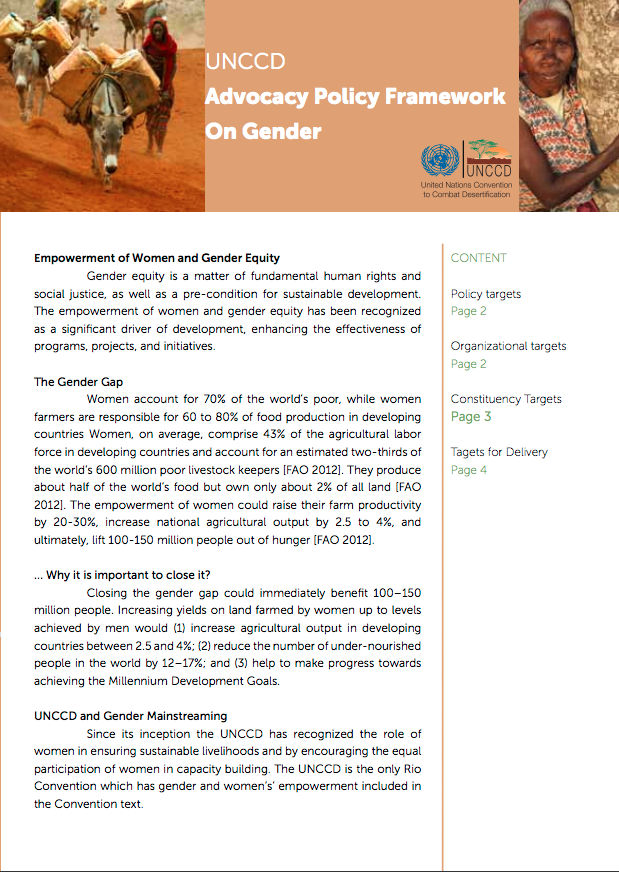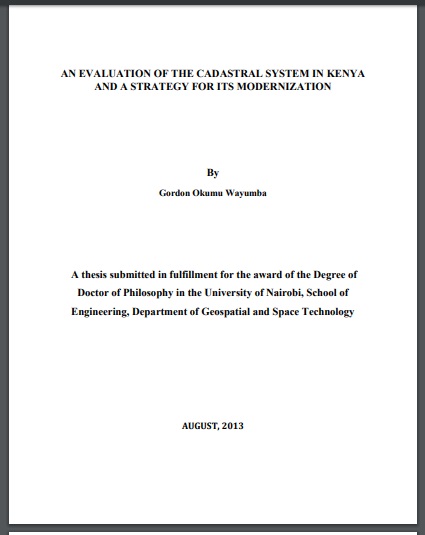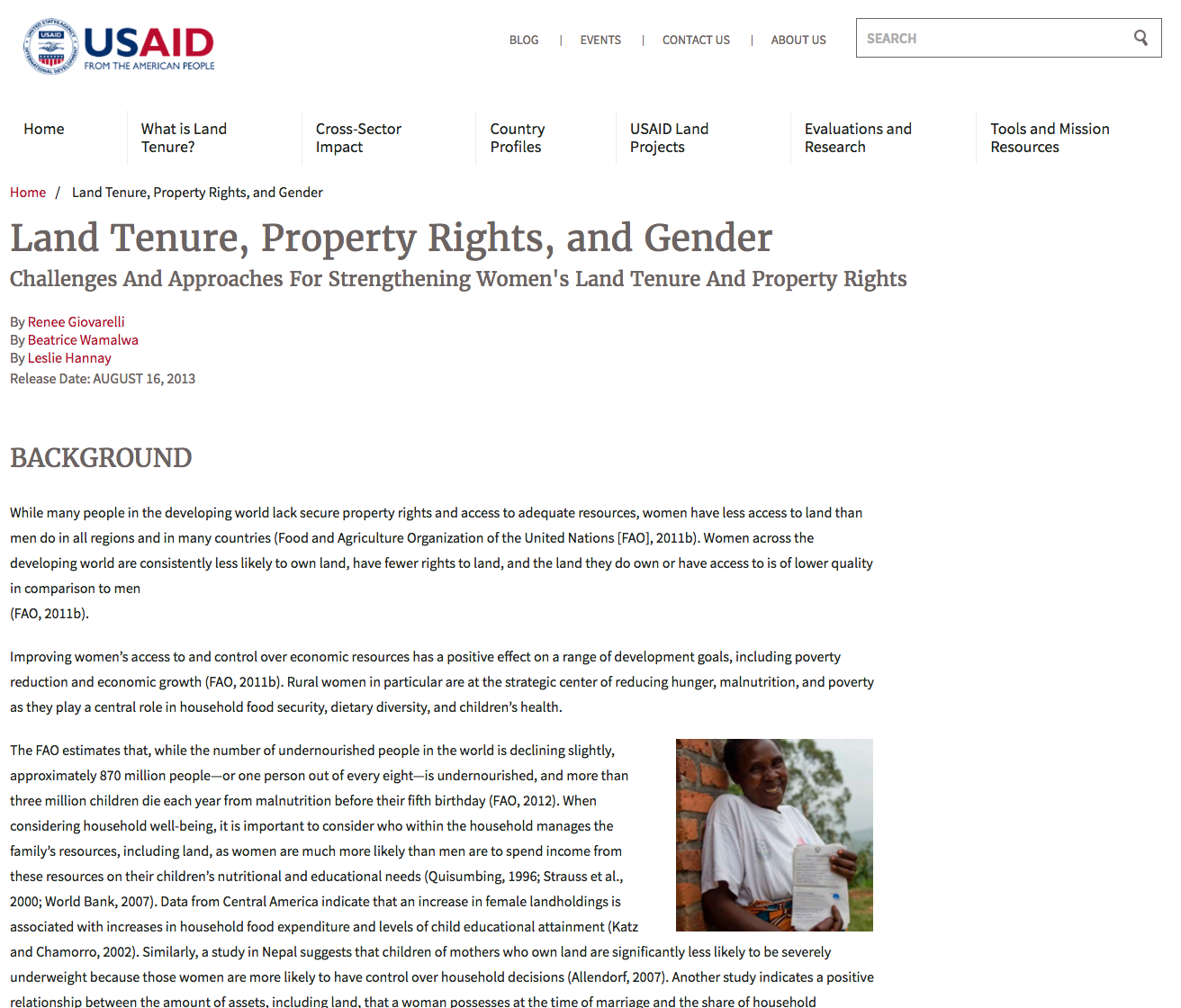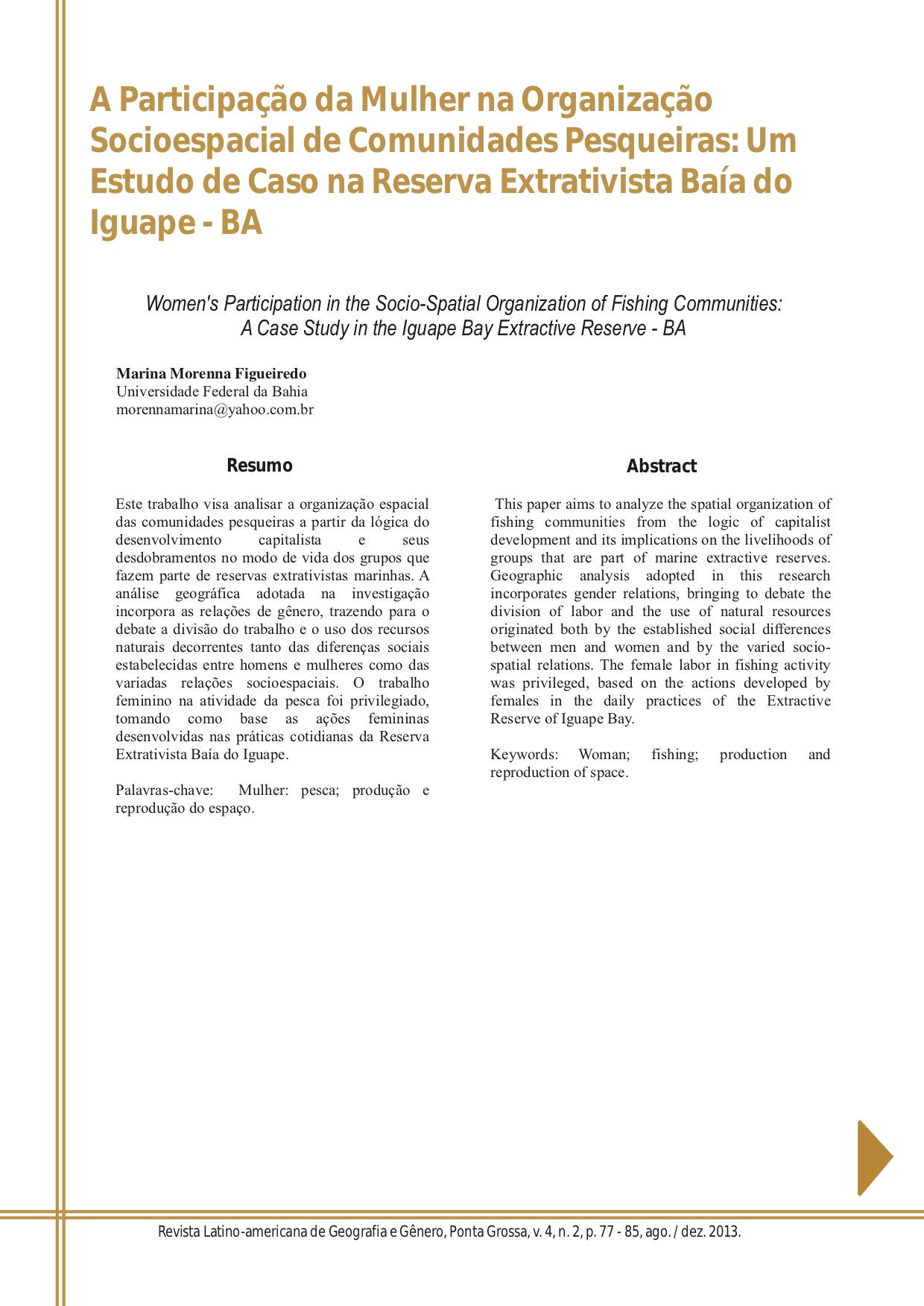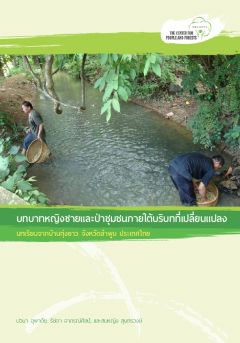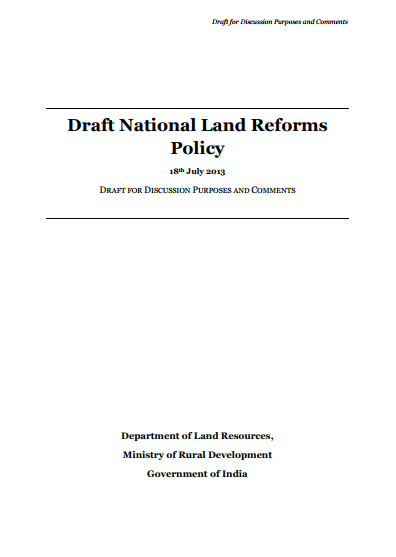Programa de Gobierno Michelle Bachelet 2014-2018.
Este Programa de Gobierno Michelle Bachelet 2014-2018, al abordar las desigualdades que hay en el país y al realizar una reforma estructural en la educación, busca también generar las condiciones para mantener el crecimiento económico. Este es el primer paso para asegurar una economía más competitiva, con una mayor productividad y más innovadora. La realidad chilena impone la necesidad de una Nueva Agenda de Género basada en los derechos, igualdad y autonomía de las mujeres, impulsada por una institucionalidad renovada y de mayor rango.


